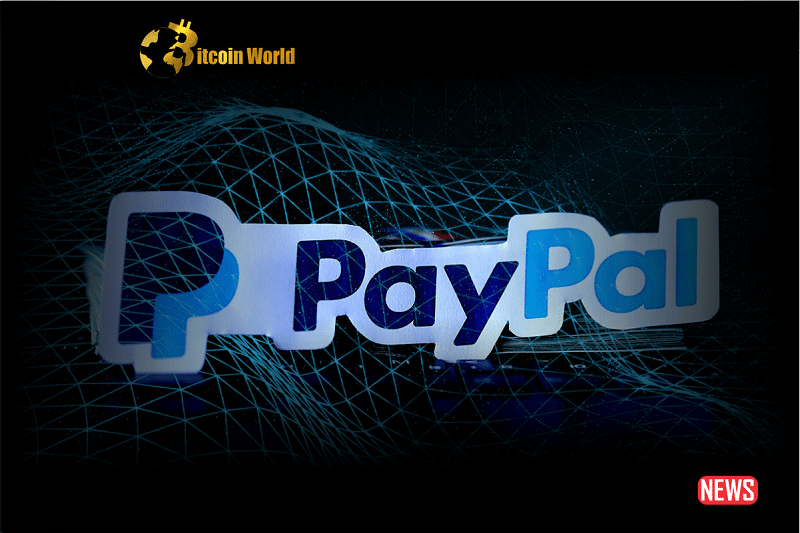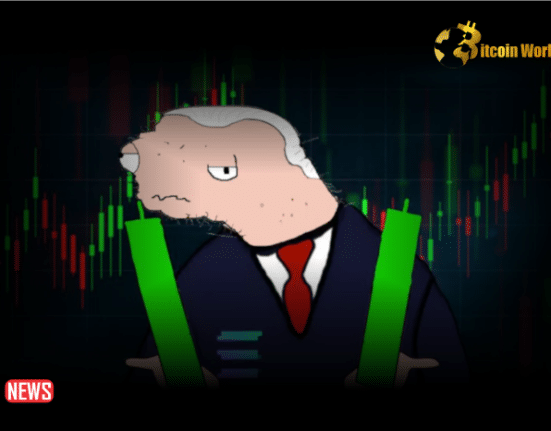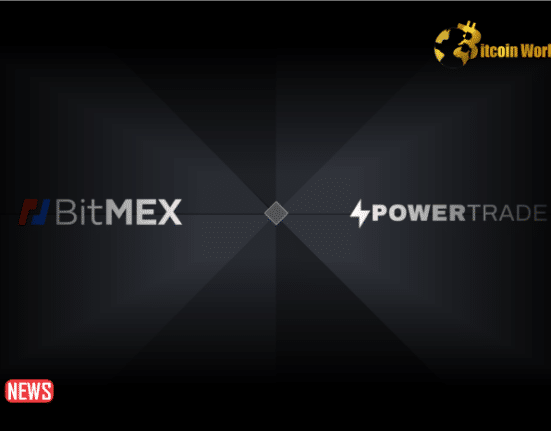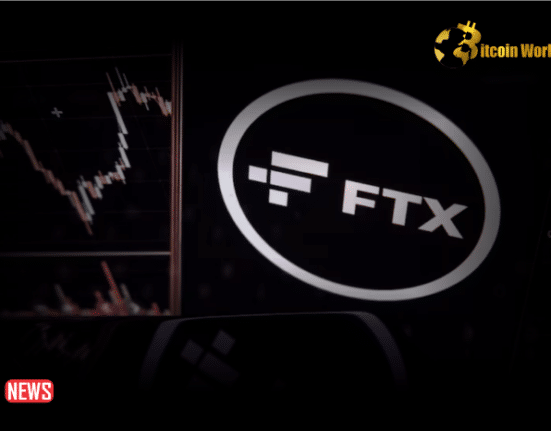PayPal Holdings Inc (NASDAQ: PYPL) has entered the stablecoin domain, marked by the launch of its very own dollar-pegged digital asset, PayPal USD (PYUSD). This entrance has ignited a mix of eagerness and skepticism, underscoring the company’s audacious step into uncharted crypto waters.
Championing Stablecoins: PayPal’s Vision
José Fernández da Ponte, the Senior Vice President and General Manager of Blockchain, Crypto, and Digital Currencies at PayPal, is exuberant about the future of stablecoins. In a recent interview with CNBC, he declared that “Stablecoins are the killer application for blockchains right now.” He enthusiastically highlighted the myriad advantages of stablecoins: their cost-effectiveness, programmability, and rapid settlement capabilities.
Moreover, da Ponte underlines that PayPal’s approach differentiates itself from certain rivals through its commitment to backing and regulation. Unlike some competitors, PayPal’s stablecoin venture boasts full backing and regulation, offering a sense of trust and security that’s increasingly sought after in the realm of cryptocurrency.
Da Ponte vehemently denied recent reports from Bloomberg suggesting a halt in the development of PayPal’s stablecoin due to regulatory scrutiny. He dismissed claims that the US Securities and Exchange Commission (SEC) and New York’s Department of Financial Services (NYDFS) had hindered progress due to concerns regarding Paxos Trust, a pivotal player in the issuance of PayPal’s stablecoin.
Regulators had pressed Paxos to sever its ties with Binance, a prominent crypto exchange, which in turn prompted Paxos to halt the issuance of Binance’s dollar-pegged token (BUSD). Meanwhile, the crypto sector has witnessed liquidity dwindling over the past year and a half, magnified by recent banking crises involving crypto-friendly institutions.
In the face of these challenges, Da Ponte remains steadfast in PayPal’s decision, asserting that the company’s well-established infrastructure, regulatory compliance, and risk management practices set it apart from the competition. He firmly believes that the struggles faced by the broader industry paradoxically position PayPal for success. Their wealth of experience in navigating complex regulatory landscapes, coupled with their global presence and reputation, forms a robust foundation for their stablecoin endeavor.
Navigating Uncertainty: The Road Ahead for PYUSD
PayPal’s venture into the stablecoin arena with PYUSD sparks both eagerness and prudence. While the potential of stablecoins is undeniable, challenges and uncertainties lie ahead.
Da Ponte concedes that this revolution won’t happen overnight and that widespread adoption will be a gradual process. Notably, stablecoin adoption in the US lags behind other regions. This pragmatic perspective acknowledges that everyday transactions utilizing stablecoins may not become the norm in the immediate future.
Jeremy Allaire, CEO of Circle, a competitor in the stablecoin realm, supports this viewpoint. He underscores that only around 30% of USDC adoption can be traced to the US market. Nevertheless, Allaire praises PayPal’s foray as an emblem of innovation, signaling the permanence of instant, borderless, and programmable payments made possible by stablecoins. He envisions these digital dollars revolutionizing traditional payment systems, rendering existing mechanisms obsolete.
However, the path forward remains uncertain in terms of US crypto regulation. Past struggles of companies like Meta Platforms Inc (NASDAQ: META) in realizing stablecoin ambitions highlight the complexities of navigating this regulatory landscape.
As PayPal marches forward with its PYUSD stablecoin, the financial world watches with bated breath, eager to witness if this audacious venture will reshape the future of digital transactions as we know it.















